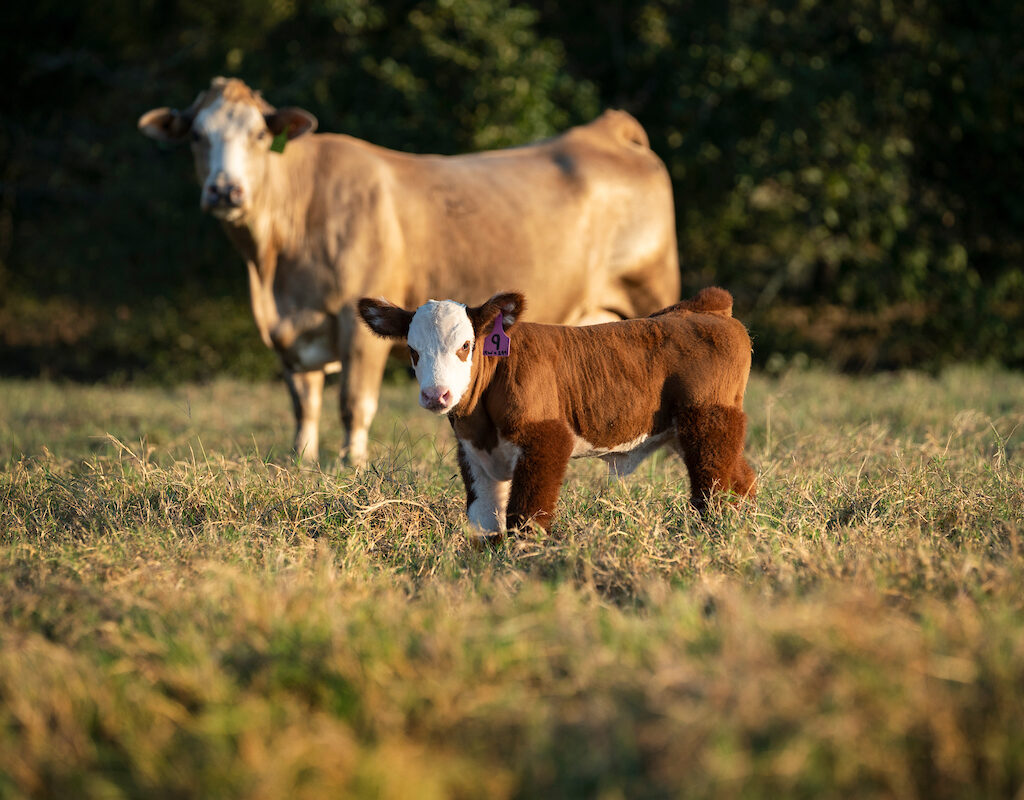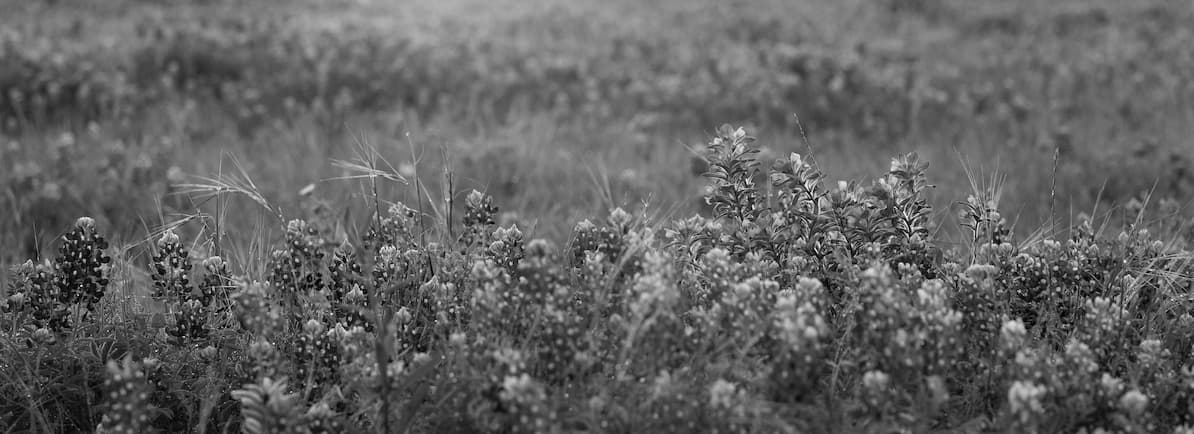Livestock & Poultry
We provide a wide array of research-based resources, educational programming and expert advice covering topics from animal care and production to best environmental practices for livestock, including poultry, dairy and beef cattle, horses, pigs, sheep and goats.
Related Departments: Animal Science, Entomology, Rangeland, Wildlife and Fisheries Management

Texas A&M Veterinary Medical Diagnostic Laboratory
The Texas Veterinary Medical Diagnostic Laboratory, TVMDL, includes four diagnostic laboratories serving veterinarians, livestock producers and government agencies.

Learn About
Livestock & Poultry
Publications
Programs
Courses
All Resources on Livestock & Poultry
- Publication
This publication discusses purchasing chicks, preparing and operating the brooder, feeding chicks, maintaining proper lighting and ventilation, and ensuring broiler health.
- Publication
This document outlines 24 popular breeds for backyard egg production across 7 important characteristics.
- Publication
This publication guides you through the steps of creating a 21-day embryo set.
- Publication
This publication details the steps to incubate a chicken embryo outside of an egg.
- Publication
This publication contains FAQs and steps for building your own egg candler.
- Publication
This publication is a checklist for your egg-to-chick project.
- Publication
This publication is a plan for creating a simple brooding unit for classroom use.
- Publication
This publication details two recommended broiler feeding programs as well as one recommended turkey feeding program for successful show birds.
- Publication
Permanently identifying horses can deter theft and help prove ownership. This publication discusses hot-iron branding, freeze branding, electronic identification, lip tattoos, and using photographs, illustrations, parentage verification, and brand registration to aid in identifying horses. (4 pages)
- Publication
Horse owners can take steps in the management and care of horses, facilities, and equipment to minimize the risk of theft. This publication explains 15 ways to prevent horse theft. (4 Pages)
